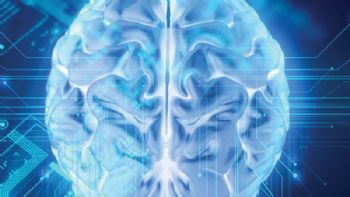
Cambridge-based chip design company ARM (
www.arm.com) has teamed up with US researchers on a project to develop chips that can be implanted in the human brain to help people with brain and spinal injuries.
The aim is to develop a system that allows people to carry out tasks and receive sensory feedback, although it will be some time before the benefits of the 10-year project are realised. ARM is providing the processors for the implants being developed at the Center for Sensorimotor Neural Engineering (CSNE), at the University of Washington.
ARM’s director of health-care technologies, Peter Ferguson, told the BBC: “They have some early prototype devices. The challenge is power consumption and the heat that generates. They needed something ultra-small and ultra-low power.”
The first stage is to design a “system on a chip” that can transmit signals from the brain to a stimulator implanted in the spinal cord, allowing those with spinal or neurological conditions to control their movements.
A team that includes researchers at Case Western Reserve University in Cleveland, Ohio, recently became the first to restore brain-controlled hand and arm motion in a person with complete paralysis, but CSNE also wants the device to be able to receive information sent back in the other direction, providing sensory information to the brain.
This would allow people to gauge how tightly they are holding an object — for instance — or to get a sense of its temperature. Research suggests that this feedback may also help the brain rewire itself, which could help the recovery of people with certain conditions — such as stroke sufferers.